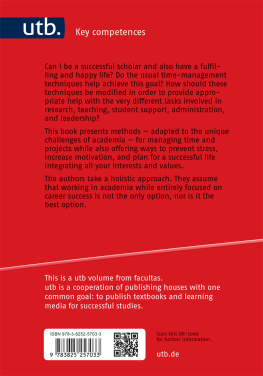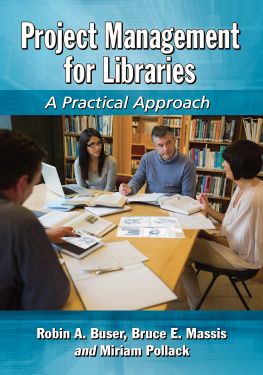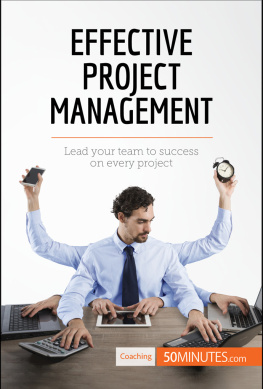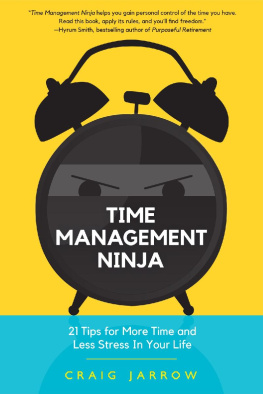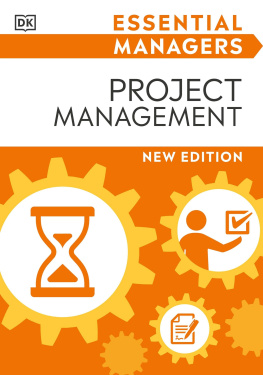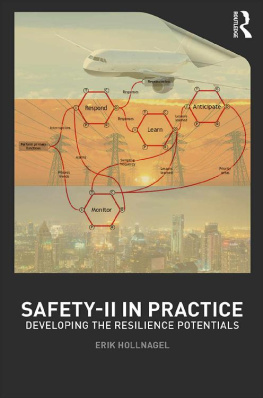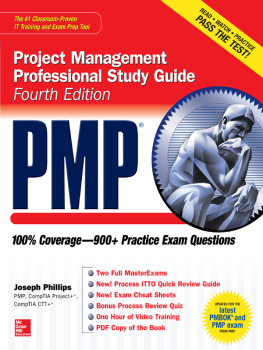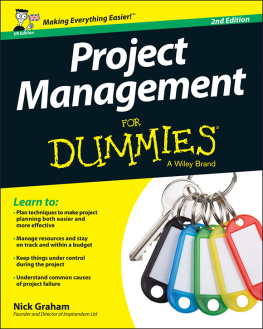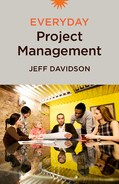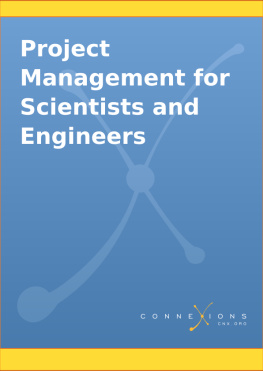Table of Contents

utb 5703
Eine Arbeitsgemeinschaft der Verlage
Brill | Schningh Fink Paderborn
Brill | Vandenhoeck & Ruprecht Gttingen Bhlau Verlag Wien Kln
Verlag Barbara Budrich Opladen Toronto
facultas Wien
Haupt Verlag Bern
Verlag Julius Klinkhardt Bad Heilbrunn
Mohr Siebeck Tbingen
Narr Francke Attempto Verlag expert verlag Tbingen
Ernst Reinhardt Verlag Mnchen
transcript Verlag Bielefeld
Verlag Eugen Ulmer Stuttgart
UVK Verlag Mnchen
Waxmann Mnster New York
wbv Publikation Bielefeld
Wochenschau Verlag Frankfurt am Main

Bibliografische Information der Deutschen Nationalbibliothek
Die Deutsche Nationalbibliothek verzeichnet diese Publikation
in der Deutschen Nationalbibliografie;
detaillierte bibliografische Daten sind im Internet ber
http://dnb.d-nb.de abrufbar.
2021 Facultas Verlags- und Buchhandels AG
Facultas Wien
Alle Rechte vorbehalten.
bersetzung und Lektorat: Harold Otto
Coverabbildung: Brian Jackson Adobe Stock
Satz: Hannes Strobl, SatzGrafikDesign, Neunkirchen
Druck und Bindung: CPI Ebner & Spiegel, Ulm
UTB-Band-Nr.: 5703
ISBN 978-3-8252-5703-3
e-ISBN 978-3-8385-5703-8
epub 978-3-8463-5703-3
Content
How This Book Will Help You
Do you face questions such as: Can I be a successful scholar and also have a fulfilling and happy life? Do the usual time-management techniques help achieve this goal? How should these techniques be adapted in order to provide appropriate help with the very different tasks involved in research, teaching, student support, administration, and leadership? What tools can I use in a specific situation to plan the many tasks, set priorities for work, and then evaluate my progress? How can I successfully use the opportunities offered by academic freedom?
These issues emerge when facing the specific challenges in academia. Established methods of managing time and projects must be modified to prevent stress, increase motivation, and plan self-development. This involves developing some new tools. At the same time, the chosen methods must be adjusted to individual situations and personalities.
We take a holistic approach, which means that we consider possibilities that go beyond an academic lifestyle and work ethic narrowly based on the criterion of 100% career success. We make the fundamental assumption that a scholarly life can be fully satisfactory.
The challenge is that many factors influence time management: your own situation and position, personal values and behavioural preferences, private life, and much more. As a result, this book will cover many things: the specific challenges in the life of a scholar and in the cultures of various academic disciplines; the influence of individual factors resulting from the particular living situation, external conditions, work styles, and personality structure. (When it comes to the every-changing technical possibilities of the internet and the digital world, you should consult other experts offering the latest techniques.) This book will help in the fundamental questions that require reflection on ones own life, goals, environment, interpersonal communication and cooperation skills, and ability to practically implement proven methods.
We carefully selected a range of important topics. The basic goal is to awaken an understanding of the complexity of your specific situation in academia, of the many influential factors (institutional or external and individual, i.e. internal). We offer questions, which only you can answer, and will help you to choose from the wide array of professional methods and practical ideas that you can implement. You should try them out, evaluate them at a predetermined time, and then continue to adapt them to your circumstances. Our goal is to encourage critical self-reflection and reorganisation, so that you achieve the highest possible level of self-reliance, success, and satisfaction with life.
All those working in academia can benefit from this book: the experienced professor who has just become dean, as well as the newly hired assistant with a temporary part-time contract. For example, those who still have limited experience and who struggle with a qualification requirement will benefit from the explanations on project management. The suggestions for the writers of a doctoral dissertation will also apply for people working on masters theses.
Younger academics, however, have the advantage that their organisational practices are not yet strongly influenced by their institutions common approach to work. This is because every organisational culture is inherently infectious and exerts pressure to adapt. If you use the relative freedom of the introductory phase to develop your own working style that fits your goals, values, personality, and living conditions, you will lay a very good foundation for your entire academic career. Especially in the empirical sciences and medicine, special situations may challenge you to customise the proposed instruments.
This book is about thoughtful and practical solutions, not about whining and complaining over suboptimal situations. On almost any issue, one could debate the policies in higher education. This debate should occurbut elsewhere. This book will help the scholar to cope and to succeed under the existing conditions.
The advice is backed by rich experience from many trainings, workshops, and individual coaching sessions at universities, especially in Austria, as well as insights from the specialised literature. Everyone can also benefit from personnel development services, at most universities, that offer training, coaching, and mentoring programmes.
Guide to this book
Key chapters are designed so that they can be read separately. Each case will refer to information from other sections that may be important for understanding or further work. Those who are primarily interested in methods can start with .
The first two chapters deal with the personal challenges facing scholars: first, the specific external conditions facing scholars in an academic institution ( explains how to move from distress to eustress and flow.
The large for better self-organisation in terms of information management, work location, and order at the workplace.
applies the tools to the most important fields of scholarly activity and supplements them with specific methods, additional ideas, and references. For a deeper understanding, we recommend consulting Chapters I and II.
In the references, you will not only find further help, but also the exact bibliographical details of the citations and references, which are listed in footnotes with short titles only. However, texts mentioned only once are already cited in full in the respective note.
At the beginning of the chapters or subchapters, you will find a preview in italics of the topics that follow.
In these kinds of boxes, you will find many practical tips and hints.
Questions set in blue font will help you select the methods that are appropriate for your situation. As you work through the questions, you will thereby individualise and adapt the tools. We highly recommend that you stop and write down your own insights, questions, and conclusions as you read. There are also a few blank pages at the end of the book for this purpose.
We are convinced that scholarly work is a beautiful, exciting, and fulfilling profession. We hope that this guidebook and workbook will also help you personally with its challenges. Good luck!

